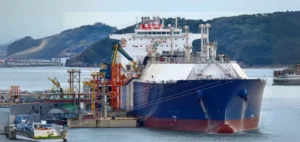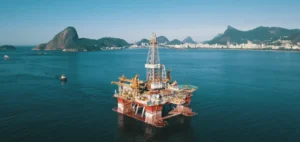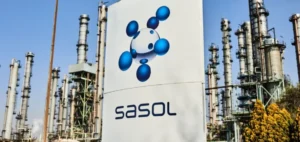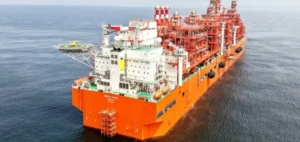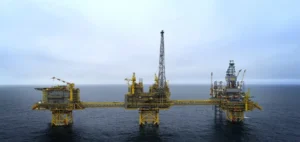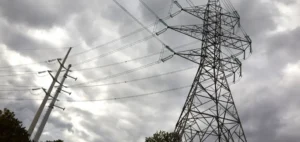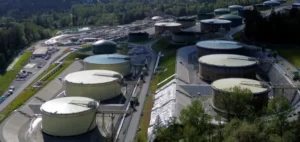Gas prices in Europe are increasing further since the closure of Nord Stream 1. In fact, they rose by 30% after Gazprom’s announcement.
Gas prices in Europe are rising
This has triggered a new wave of supply concerns. In fact, the context is not favorable to European countries, which all fear a gas shortage this winter. However, the latter have managed to quickly find alternatives in order to get out of the dependence on Russia.
The reference price for gas was €272/MWh when the market was opened after Gazprom’s announcement. The company had declared the extension of the works because of a leak in a turbine of Nords Stream 1. The maintenance work was initially scheduled to take place over three days. To date, the reopening of the pipeline remains uncertain.
Europe accuses Russia of exerting political pressure through its energy power. Furthermore, it considers the closure of Nord Stream 1 to be the final response to the Western sanctions imposed on Moscow.
Russia denies these accusations while emphasizing the difficulties caused by the sanctions. In fact, it suggests that the reduction in gas volumes and subsequent cessation of gas flow is due to the barriers created. The Kremlin adds that the West would have started an economic war that is currently hindering the good gas pipeline.
Nord Stream 1 connects Russia and Germany by passing under the Baltic Sea. It supplied 1/3 of the gas transported to Europe. That time seems to be over.
The decline in supply via Nord Stream 1 began in July when the volumes transported were reduced. In fact, the pipeline had been operating at 40% of its capacity and then at 20% before the total shutdown for maintenance.
Measures taken to curb the situation
Thus, the decrease in the volumes transported had caused the European countries to react. These have been adorned with various devices to avoid gas shortages this winter. Contingency plans include the possibility of energy rationing and increase the risk of recession.
In addition, the current situation is forcing some energy-intensive industries to reduce their production. Forcing European governments to inject billions of euros to help households. This is a testament to the poor conditions in which consumers are finding themselves as a result of high energy prices.
EU energy ministers are due to meet on 9 September to discuss the energy situation. They want to find solutions to curb soaring prices including gas price caps and emergency credit lines.












